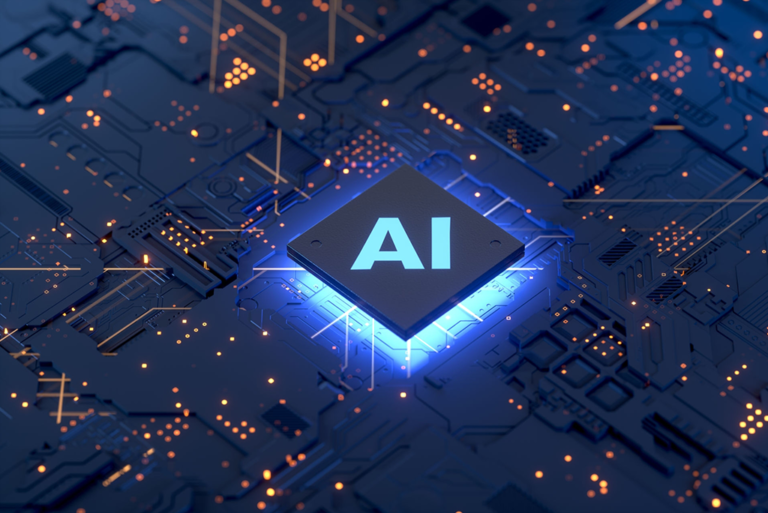
PepsiCo partners with Stanford Institute to drive responsible AI adoption
PepsiCo has announced a collaboration with the Stanford Institute for Human-Centred Artificial Intelligence to advance responsible AI adoption.

PepsiCo has announced a collaboration with the Stanford Institute for Human-Centred Artificial Intelligence to advance responsible AI adoption.
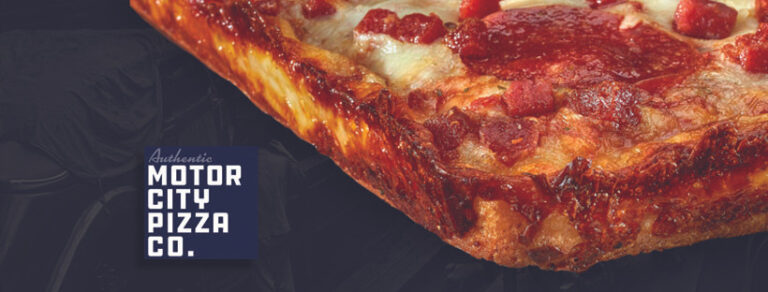
Lewisville’s Motor City Pizza is embracing artificial intelligence with a unique menu addition crafted by the renowned chatbot, ChatGPT.
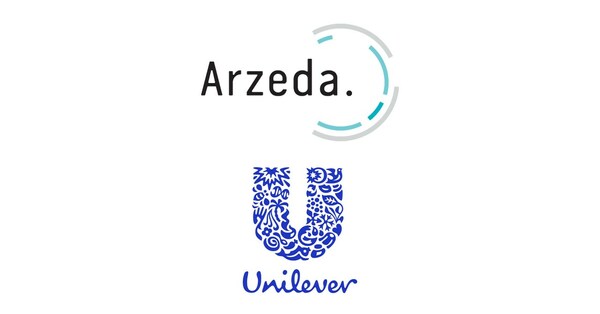
Unilever has partnered with Arzeda to develop a groundbreaking cleaning product using AI technology.
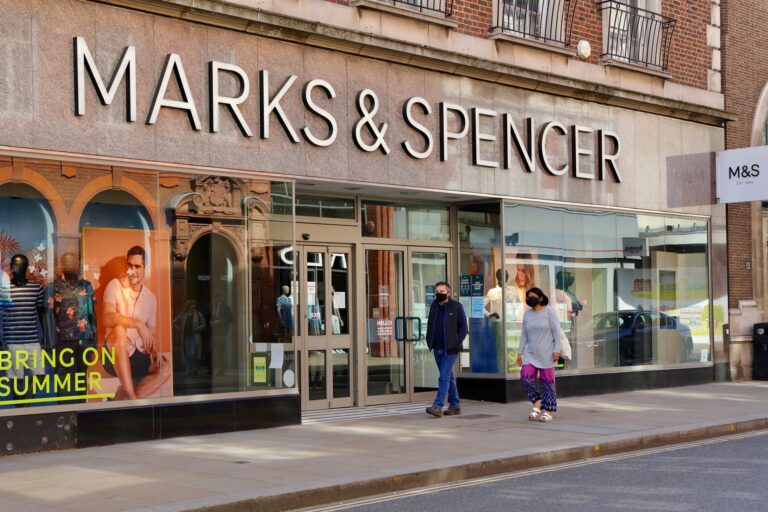
Tapestry, the parent company of brands like Kate Spade and Coach, is harnessing generative AI technology to enhance its marketing efforts through automated online personalisation.
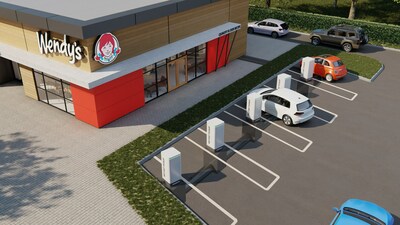
Fast-food chain Wendy’s has announced a partnership with Pipedream Labs to pilot an underground autonomous robot system for delivering digital food orders.
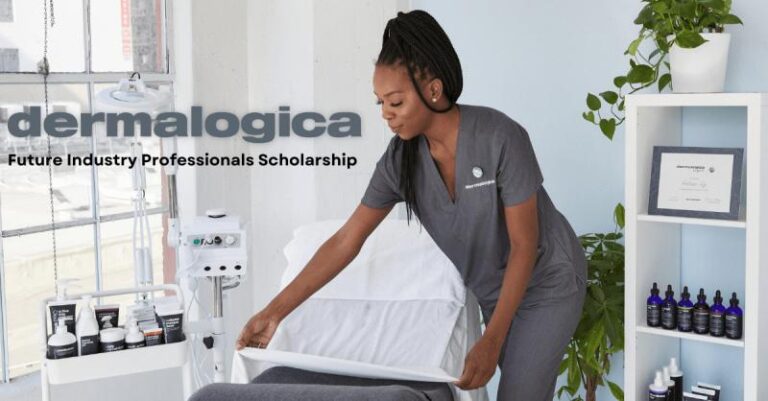
Premium skin-care brand Dermalogica has launched a ChatGPT version of its “Dermalogica: The Book” skin-care treatment manual to train professional therapists.

Coca-Cola’s Global Head of Marketing Technology, Pratik Thakar, suggested that businesses prioritise investing in artificial intelligence (AI) rather than Web3 technologies.
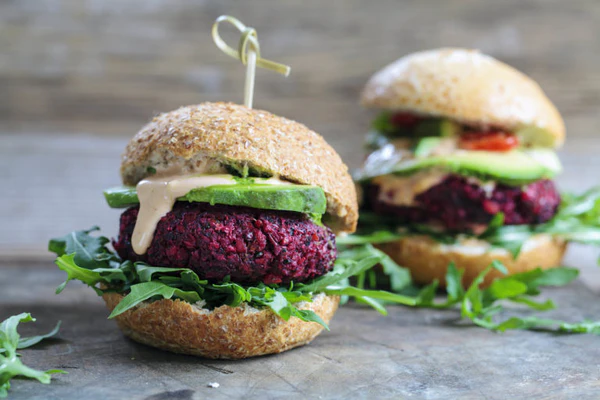
Consumer habits have shifted towards healthier lifestyles, environmental sustainability, and animal welfare, driving the demand for plant-based foods.
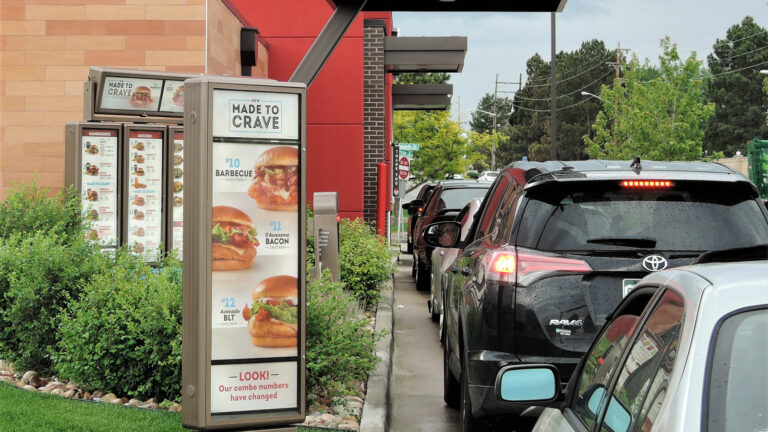
Wendy’s has partnered with Google Cloud to pilot artificial intelligence (AI) technology at a company-operated drive-thru in June.
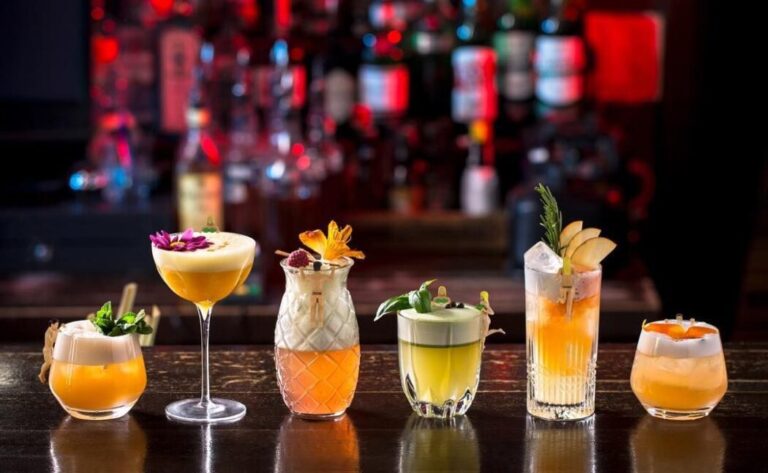
A San Francisco bar, Raven Bar, has created what it calls the first AI-created cocktail, ChatGPTini, on a bar menu in the city, using OpenAI’s ChatGPT language model.
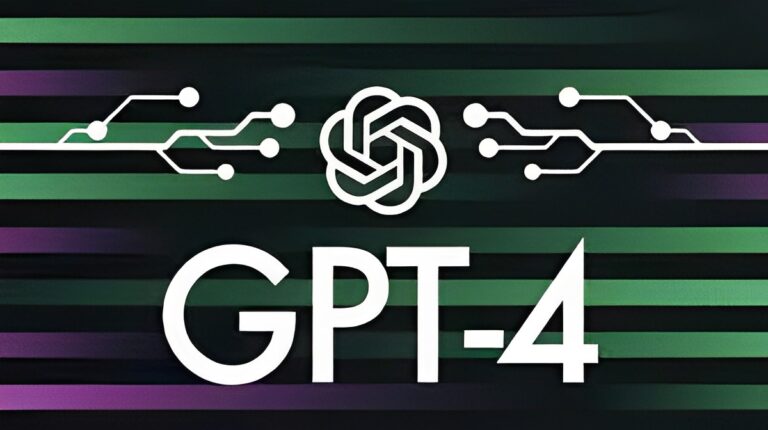
Consumer goods companies, including Nestle, General Mills, and AB InBev, are integrating an AI assistant that uses OpenAI’s GPT-4 language model for business intelligence discovery.
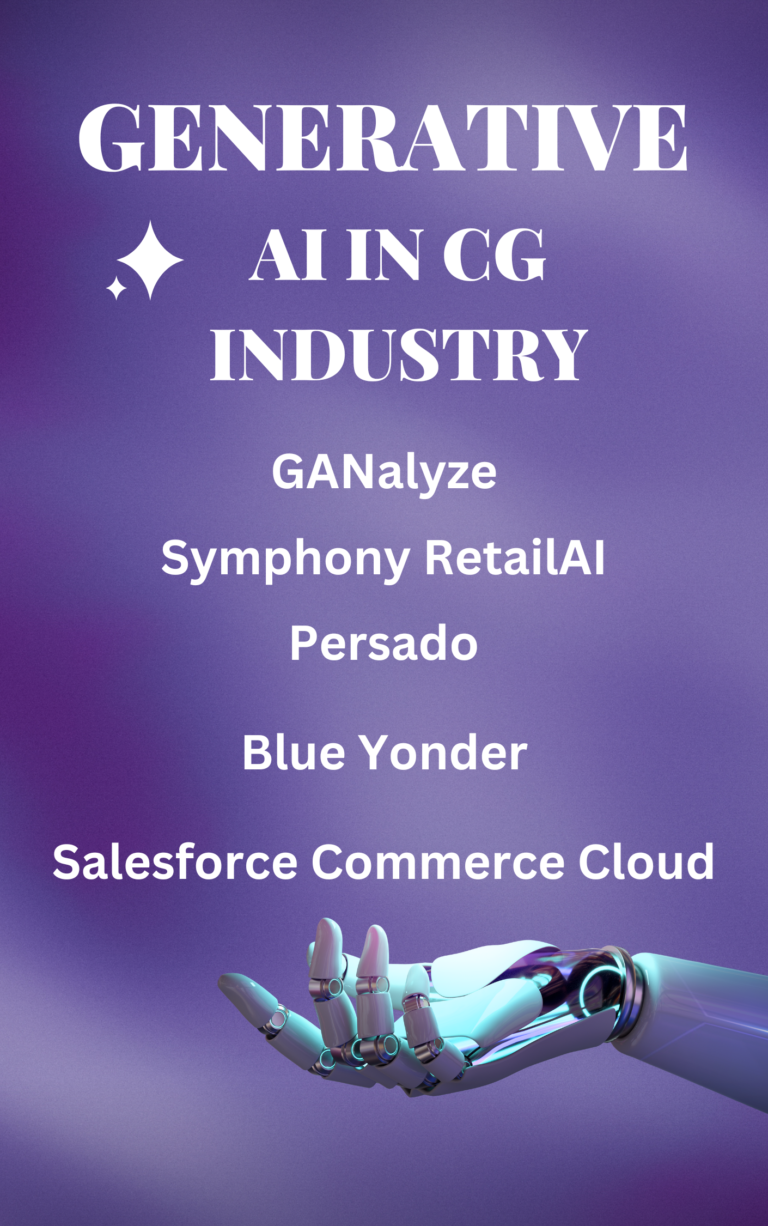
The consumer goods industry is a highly competitive space, with companies constantly seeking new ways to improve their operations and stay ahead of the competition.
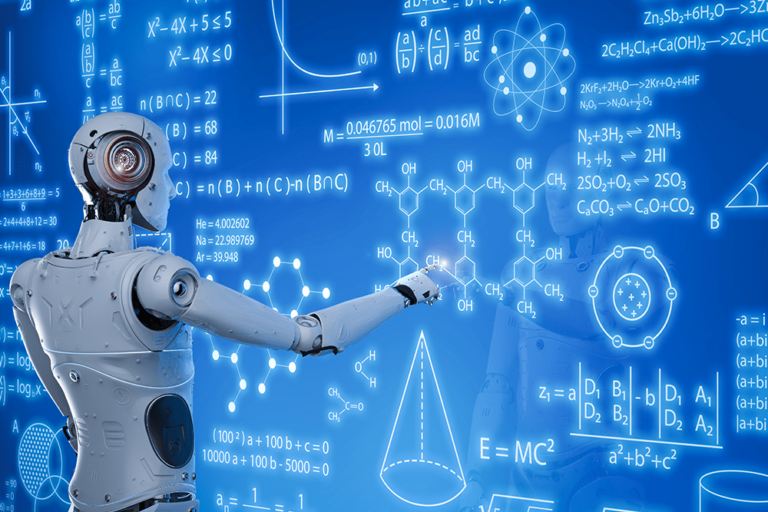
Unilever, which owns brands ranging from Dove to the high-end Tatcha and Hourglass Cosmetics, has been working on robots and artificial intelligence for use in product testing and development.
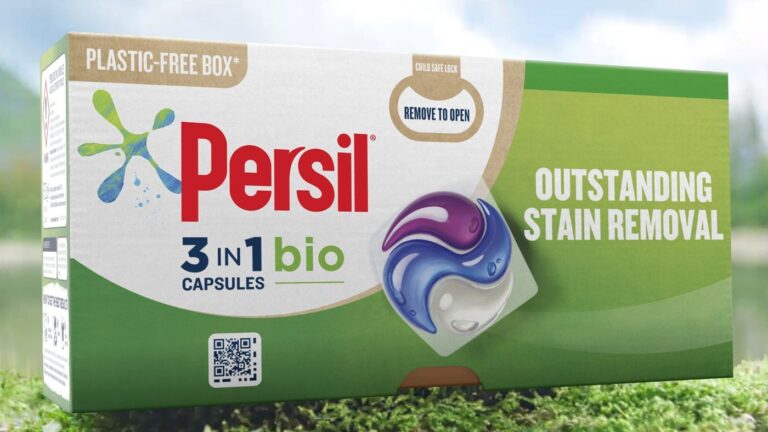
Persil has included upgraded QR codes on its packaging to assist blind and partially sighted individuals.

Coca-Cola is asking consumers to utilise artificial intelligence techniques to develop new designs based on some of its iconic images, such as the traditional contoured bottle, soda-guzzling polar bears, and even Santa Claus himself.
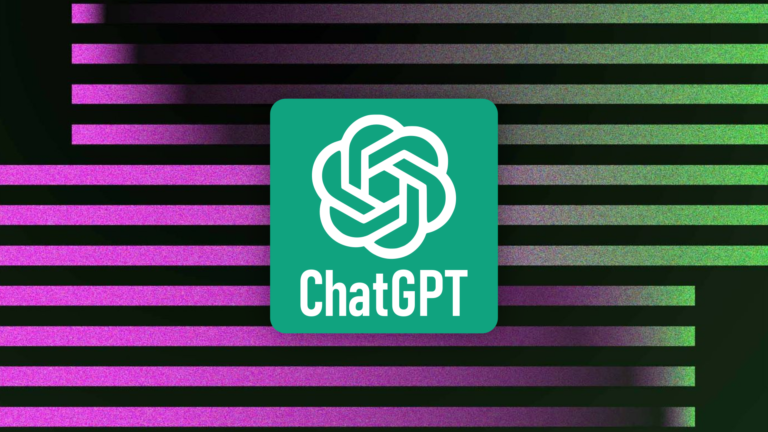
Unilever has used analytics and artificial intelligence to react to the pandemic’s problems.
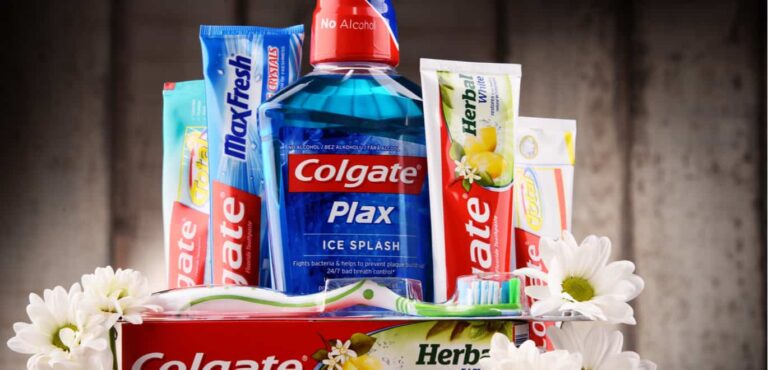
Colgate-Palmolive used intelligent automation to optimise work processes as part of a bigger effort to increase digitalisation initiatives.
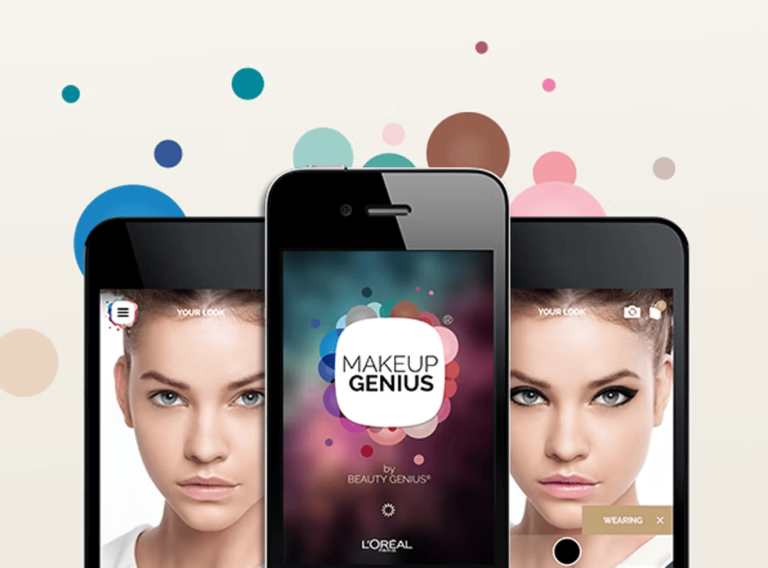
During the previous year, L’Oréal has achieved tremendous advances in digital innovation, using inclusive, science-backed beauty and exploring new selling and consumer interaction possibilities on TikTok.
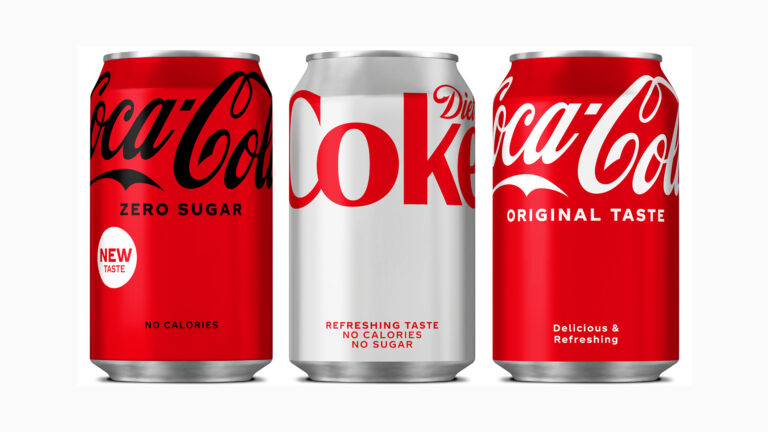
The Coca-Cola Company will leverage OpenAI’s generative AI technology for marketing and customer experiences, making it one of the first big consumer goods corporations to adopt this technology.
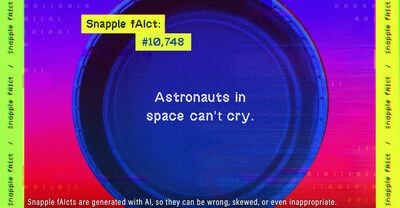
Snapple is marking the 20th anniversary of its “Snapple Real Facts” initiative by introducing the Snapple fAIct Generator, a tool that uses ChatGPT maker OpenAI’s technology to generate facts on any topic.
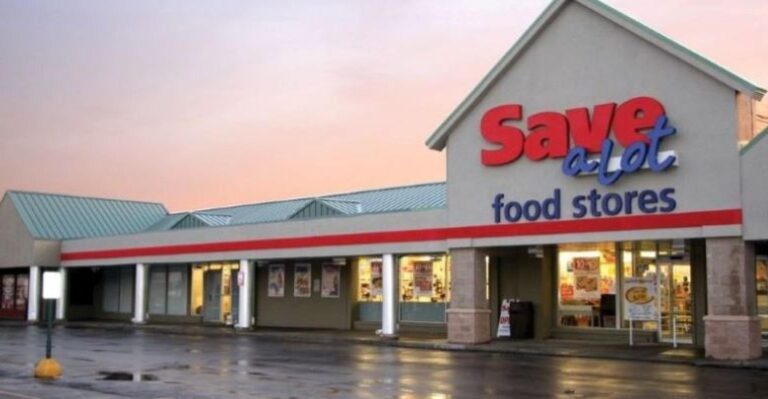
Save A Lot supermarket chain has chosen SymphonyAI Retail CPG for data-driven supply chain solutions, including Master Data Management, Core Merchandising, Insights, Vendor Portal, and Retail Operations.
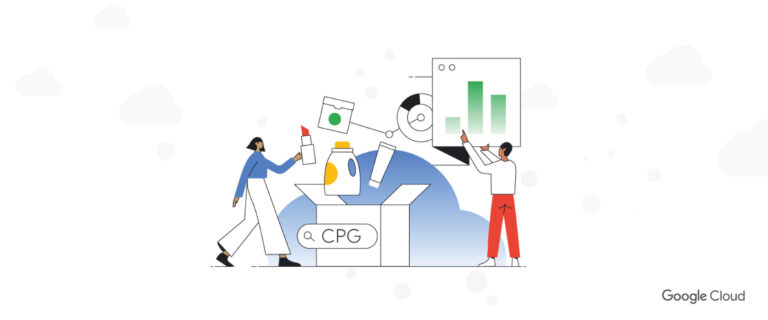
The consumer packaged goods (CPG) industry is facing increasing pressure to digitise its operations due to supply chain disruptions caused by the pandemic.
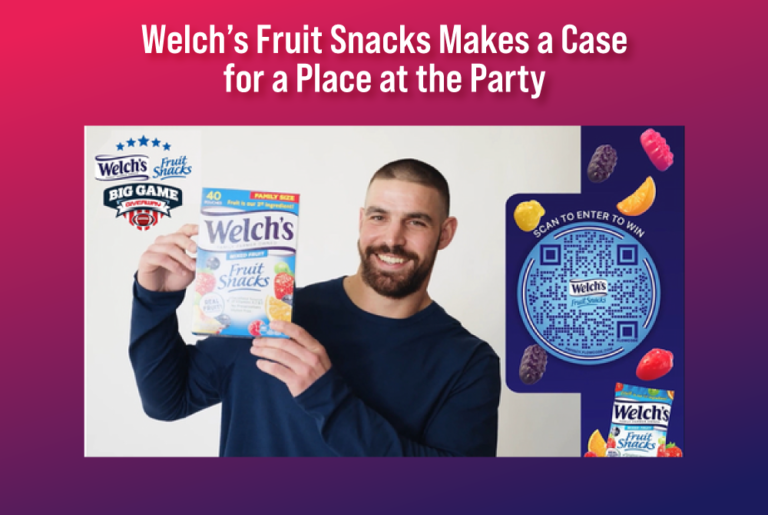
PIM Brands and Flowcode have partnered to launch a new omnichannel media campaign for Welch’s Fruit Snacks just in time for the Big Game.
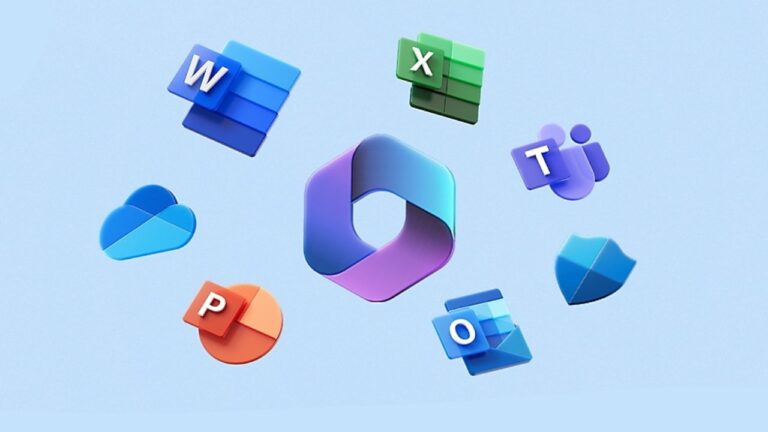
Microsoft has collaborated with OpenAI, the creator of ChatGPT, to integrate AI-powered capabilities into its Office suite and Bing search engine.
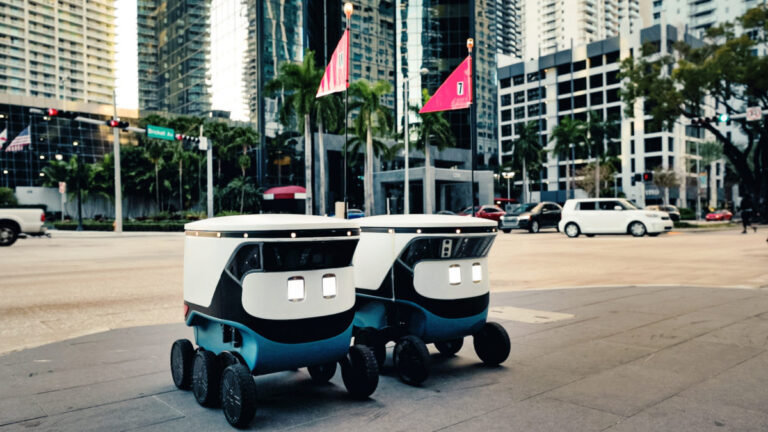
Uber is expanding its use of self-driving vehicles by announcing that it will soon deploy sidewalk robots in Miami.
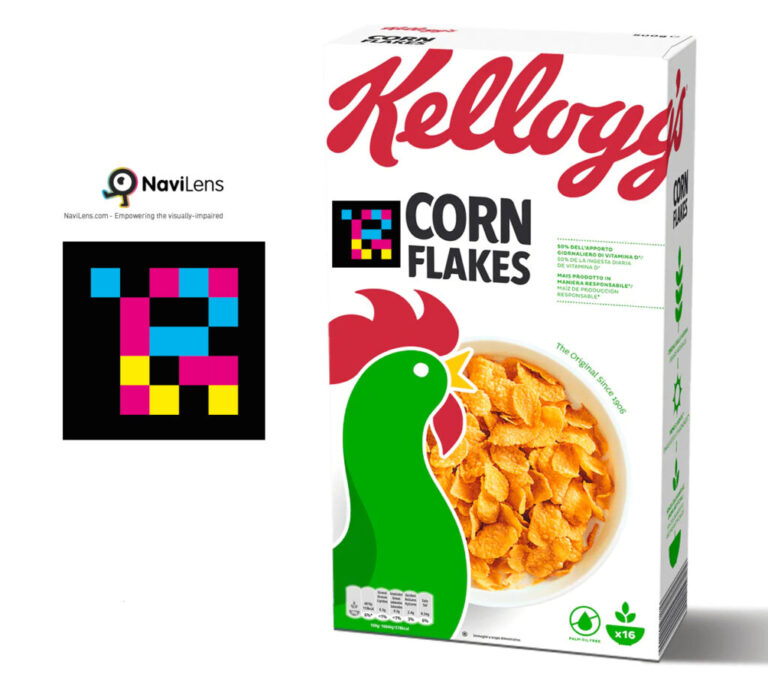
To boost accessibility for blind and weak vision consumers, Kellogg Co. is incorporating NaviLens technology into the packaging of four types of cereal in the United States.
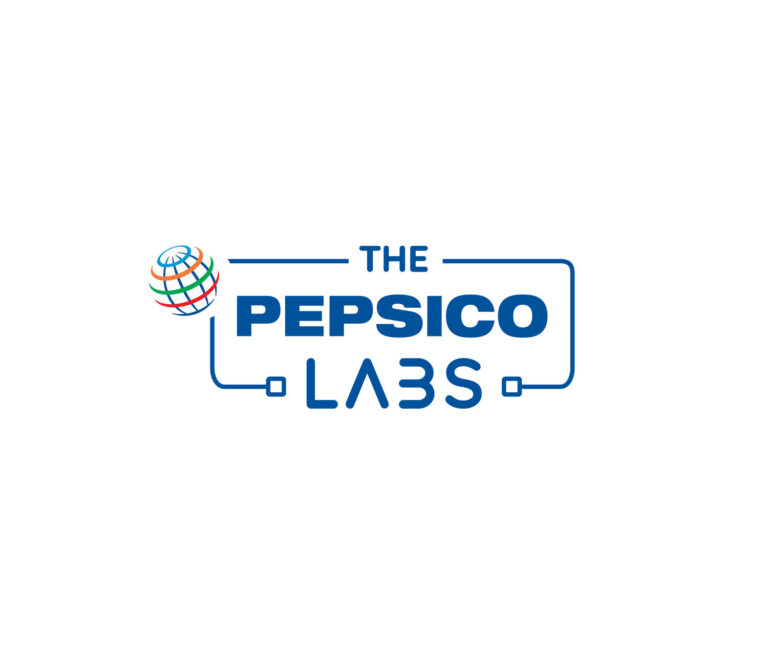
David Schwartz is the vice president of PepsiCo Labs, a specialised team tasked with leveraging digital technologies.
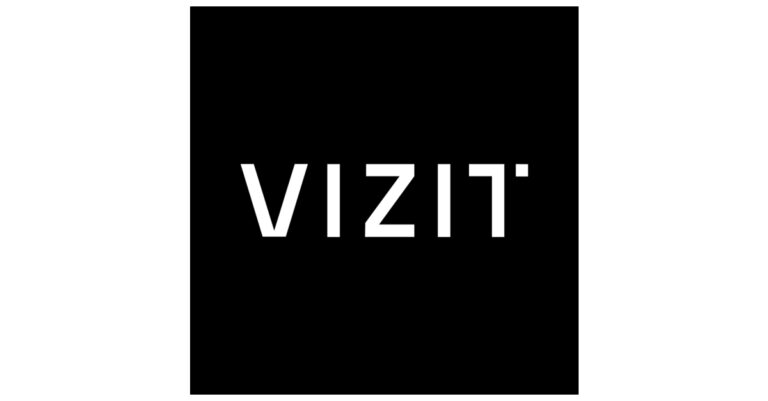
Mars aimed to reduce brand identity dilution at the digital purchasing touchpoint during the epidemic.
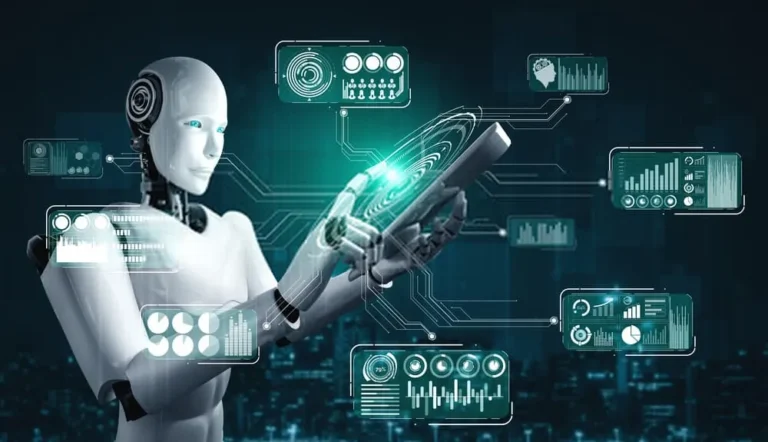
According to PMMI Business Intelligence’s 2022 report, “Challenges and Opportunities for Packaging and Processing Operations,” both consumer packaged goods companies and manufacturing companies are finding it hard to recruit and retain employees.
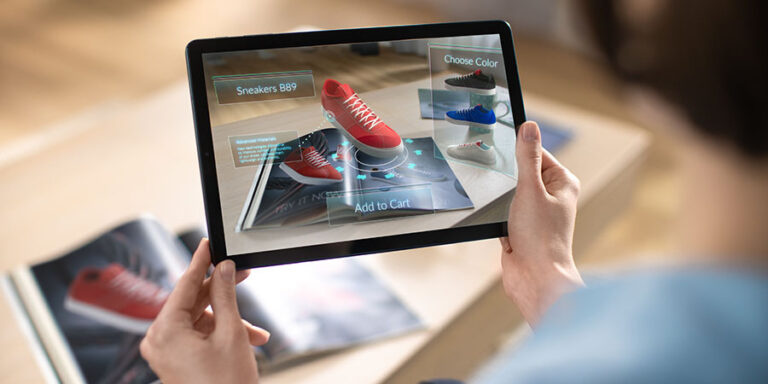
Snap collaborated with market research firm Breakthrough Research to conduct a study covering consumer views on AR

PepsiCo has announced a collaboration with the Stanford Institute for Human-Centred Artificial Intelligence to advance responsible AI adoption.

Lewisville’s Motor City Pizza is embracing artificial intelligence with a unique menu addition crafted by the renowned chatbot, ChatGPT.

Unilever has partnered with Arzeda to develop a groundbreaking cleaning product using AI technology.

Tapestry, the parent company of brands like Kate Spade and Coach, is harnessing generative AI technology to enhance its marketing efforts through automated online personalisation.

Fast-food chain Wendy’s has announced a partnership with Pipedream Labs to pilot an underground autonomous robot system for delivering digital food orders.

Premium skin-care brand Dermalogica has launched a ChatGPT version of its “Dermalogica: The Book” skin-care treatment manual to train professional therapists.

Coca-Cola’s Global Head of Marketing Technology, Pratik Thakar, suggested that businesses prioritise investing in artificial intelligence (AI) rather than Web3 technologies.

Consumer habits have shifted towards healthier lifestyles, environmental sustainability, and animal welfare, driving the demand for plant-based foods.

Wendy’s has partnered with Google Cloud to pilot artificial intelligence (AI) technology at a company-operated drive-thru in June.

A San Francisco bar, Raven Bar, has created what it calls the first AI-created cocktail, ChatGPTini, on a bar menu in the city, using OpenAI’s ChatGPT language model.

Consumer goods companies, including Nestle, General Mills, and AB InBev, are integrating an AI assistant that uses OpenAI’s GPT-4 language model for business intelligence discovery.

The consumer goods industry is a highly competitive space, with companies constantly seeking new ways to improve their operations and stay ahead of the competition.

Unilever, which owns brands ranging from Dove to the high-end Tatcha and Hourglass Cosmetics, has been working on robots and artificial intelligence for use in product testing and development.

Persil has included upgraded QR codes on its packaging to assist blind and partially sighted individuals.

Coca-Cola is asking consumers to utilise artificial intelligence techniques to develop new designs based on some of its iconic images, such as the traditional contoured bottle, soda-guzzling polar bears, and even Santa Claus himself.

Unilever has used analytics and artificial intelligence to react to the pandemic’s problems.

Colgate-Palmolive used intelligent automation to optimise work processes as part of a bigger effort to increase digitalisation initiatives.

During the previous year, L’Oréal has achieved tremendous advances in digital innovation, using inclusive, science-backed beauty and exploring new selling and consumer interaction possibilities on TikTok.

The Coca-Cola Company will leverage OpenAI’s generative AI technology for marketing and customer experiences, making it one of the first big consumer goods corporations to adopt this technology.

Snapple is marking the 20th anniversary of its “Snapple Real Facts” initiative by introducing the Snapple fAIct Generator, a tool that uses ChatGPT maker OpenAI’s technology to generate facts on any topic.

Save A Lot supermarket chain has chosen SymphonyAI Retail CPG for data-driven supply chain solutions, including Master Data Management, Core Merchandising, Insights, Vendor Portal, and Retail Operations.

The consumer packaged goods (CPG) industry is facing increasing pressure to digitise its operations due to supply chain disruptions caused by the pandemic.

PIM Brands and Flowcode have partnered to launch a new omnichannel media campaign for Welch’s Fruit Snacks just in time for the Big Game.

Microsoft has collaborated with OpenAI, the creator of ChatGPT, to integrate AI-powered capabilities into its Office suite and Bing search engine.

Uber is expanding its use of self-driving vehicles by announcing that it will soon deploy sidewalk robots in Miami.

To boost accessibility for blind and weak vision consumers, Kellogg Co. is incorporating NaviLens technology into the packaging of four types of cereal in the United States.

David Schwartz is the vice president of PepsiCo Labs, a specialised team tasked with leveraging digital technologies.

Mars aimed to reduce brand identity dilution at the digital purchasing touchpoint during the epidemic.

According to PMMI Business Intelligence’s 2022 report, “Challenges and Opportunities for Packaging and Processing Operations,” both consumer packaged goods companies and manufacturing companies are finding it hard to recruit and retain employees.

Snap collaborated with market research firm Breakthrough Research to conduct a study covering consumer views on AR
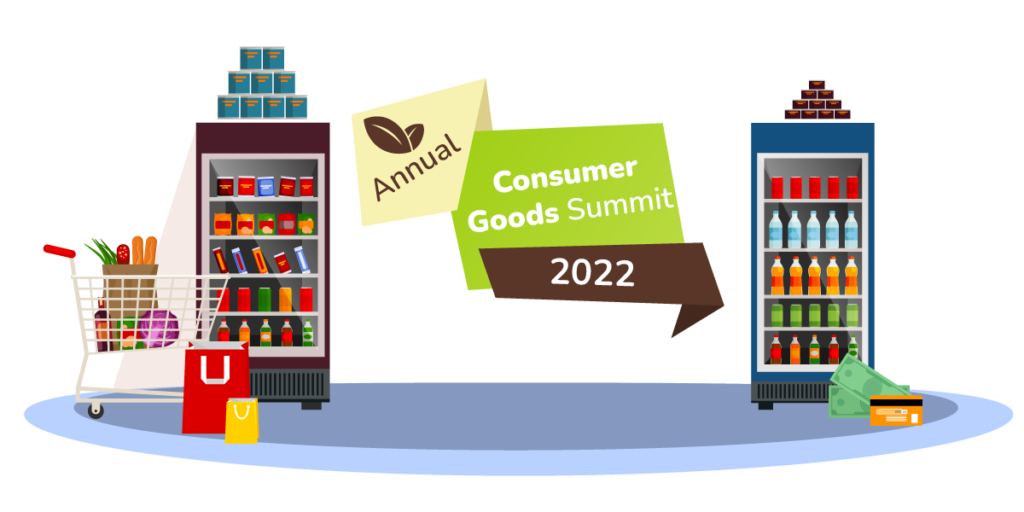
Consumer Goods industry will surpass $15T globally by 2025. However the old business model of mass distribution is about to become obsolete. Digital Transformation, Millennials and Gen Z effect, Direct to Consumer and Post-Covid World are going to reshape the winning formula for the new era CG industry. Our weekly newsletter covers global innovations and disruptions in CG industry.
ConsumerGeniuses is managed by IndustryGeniuses (A place where industries meet innovation). We are rolling out content platforms for the world’s hottest industries such as Food & Grocery Retail, Consumer Goods and Healthcare. For each of these key industries, we support Tech Startups and Industry Disruptors as they roll out next generation digital initiatives.
IndustryGeniuses team brings practical domain knowledge of working with 300+ tech startups and brands over the past decade.